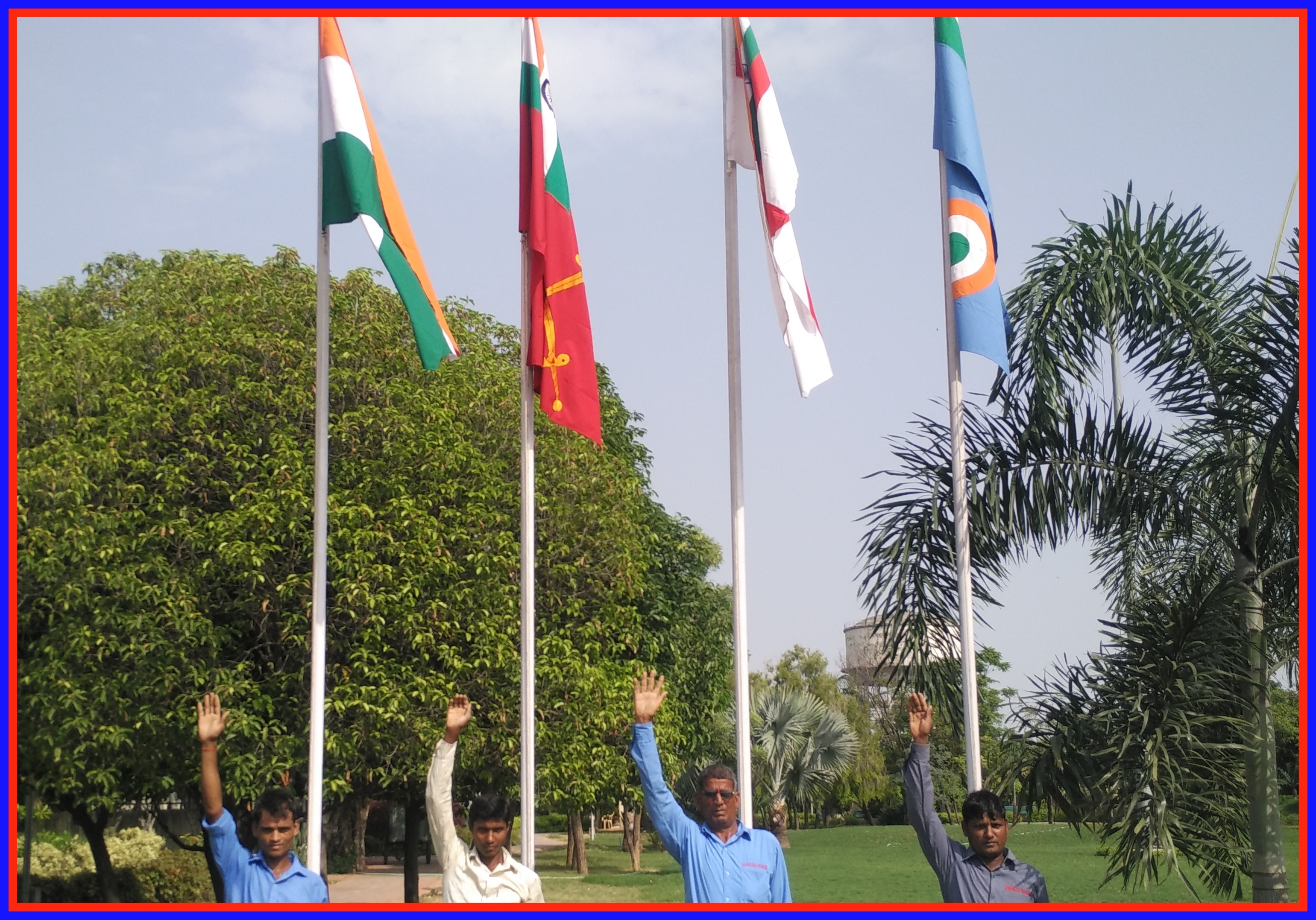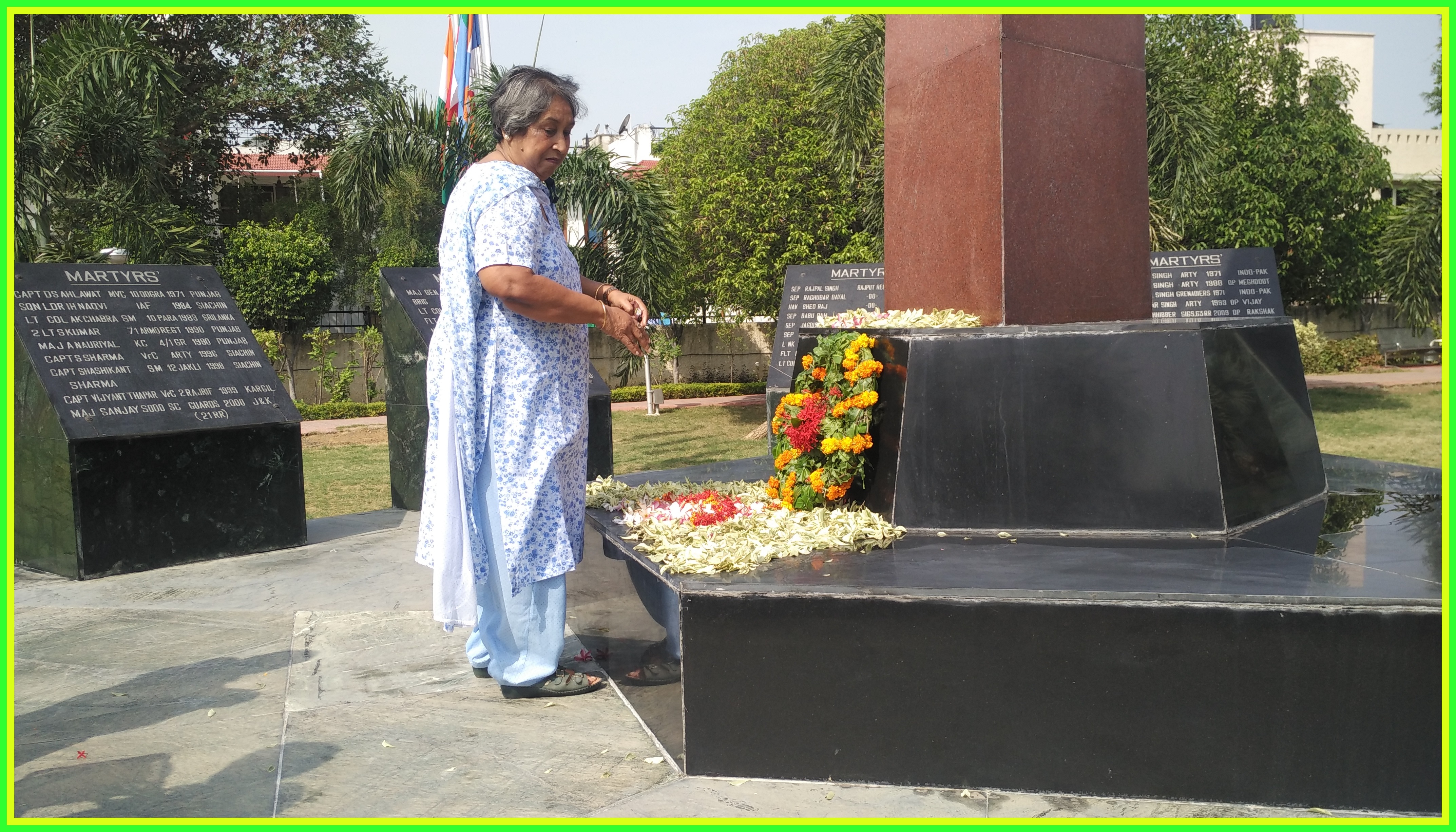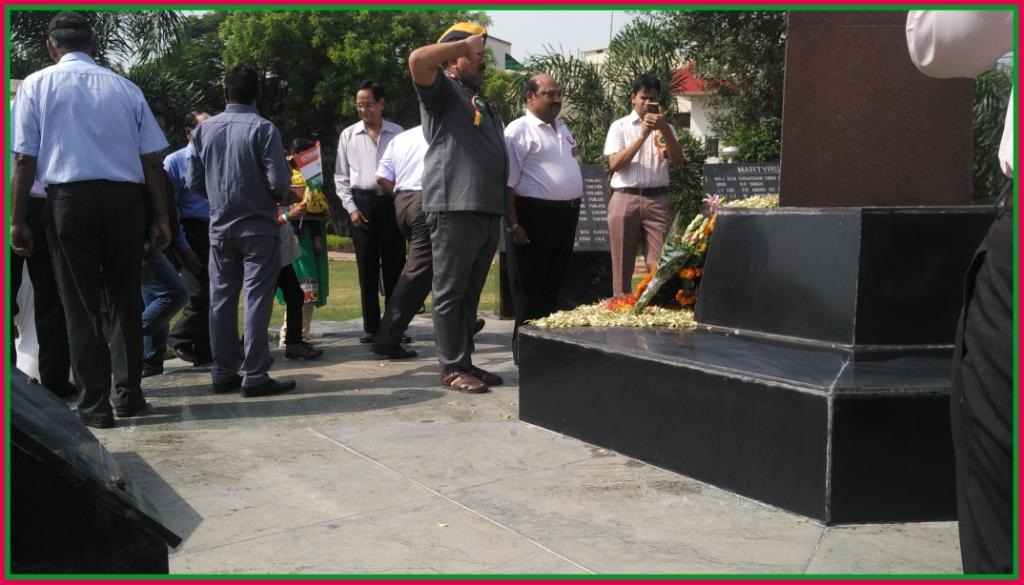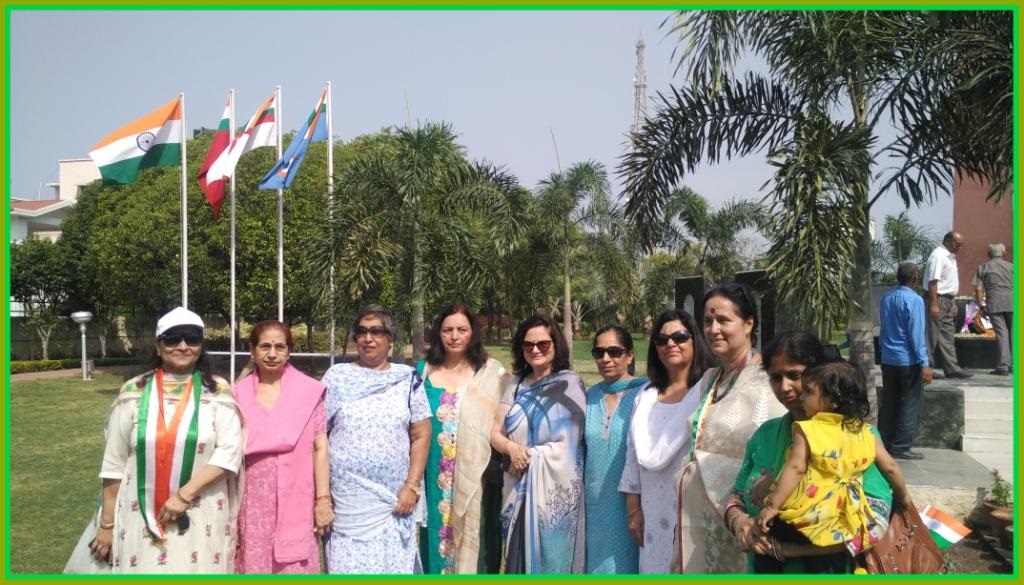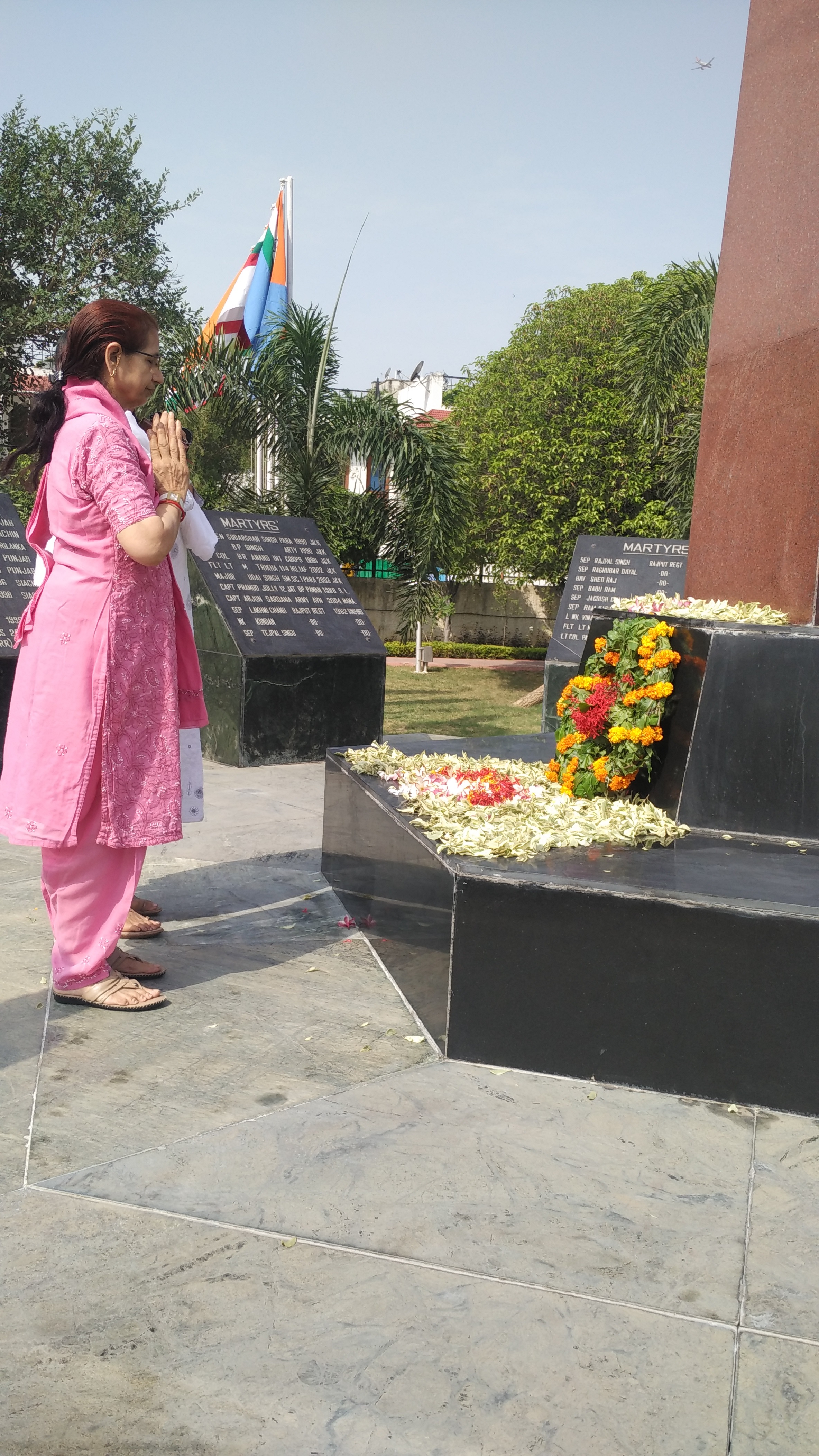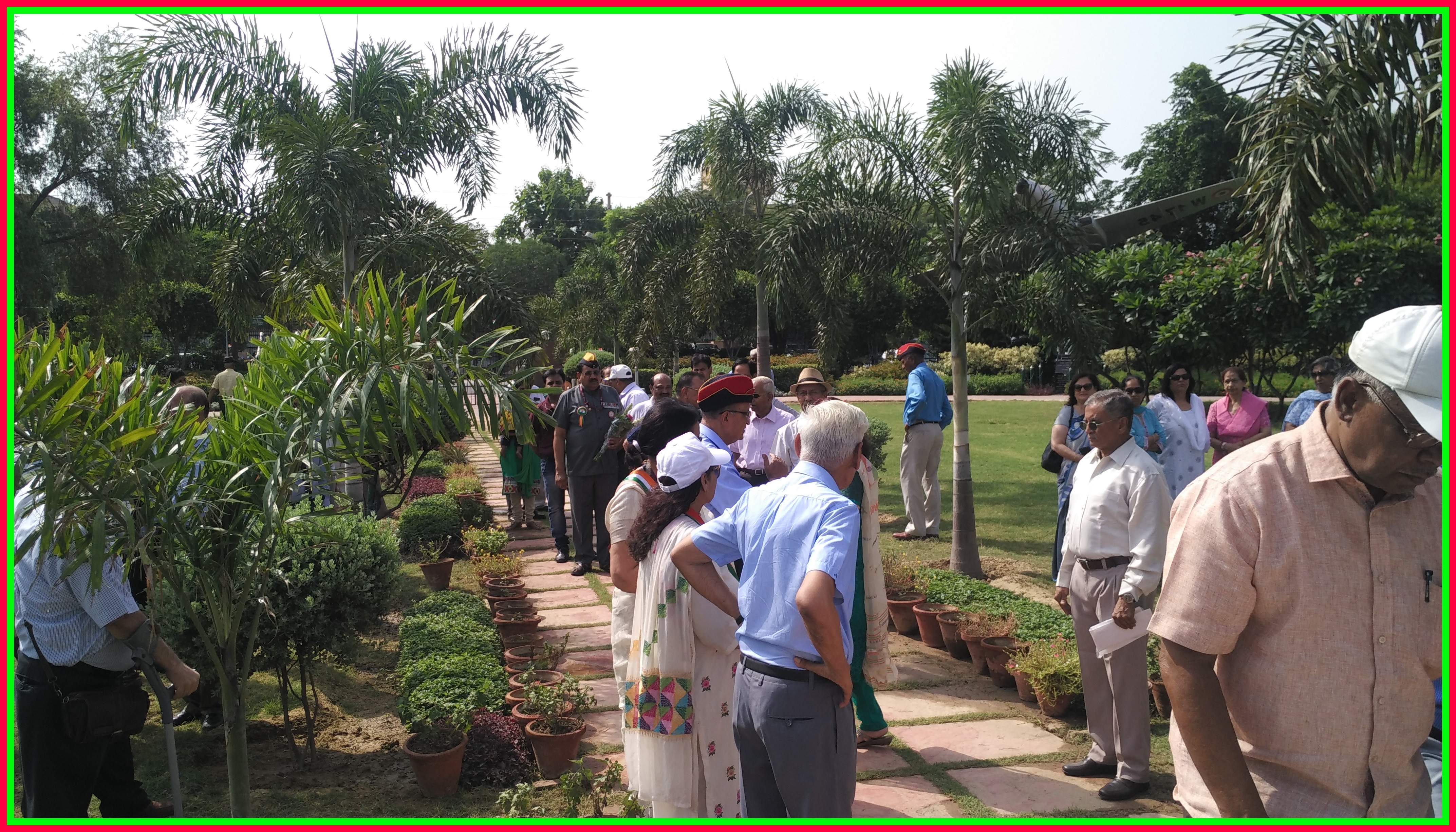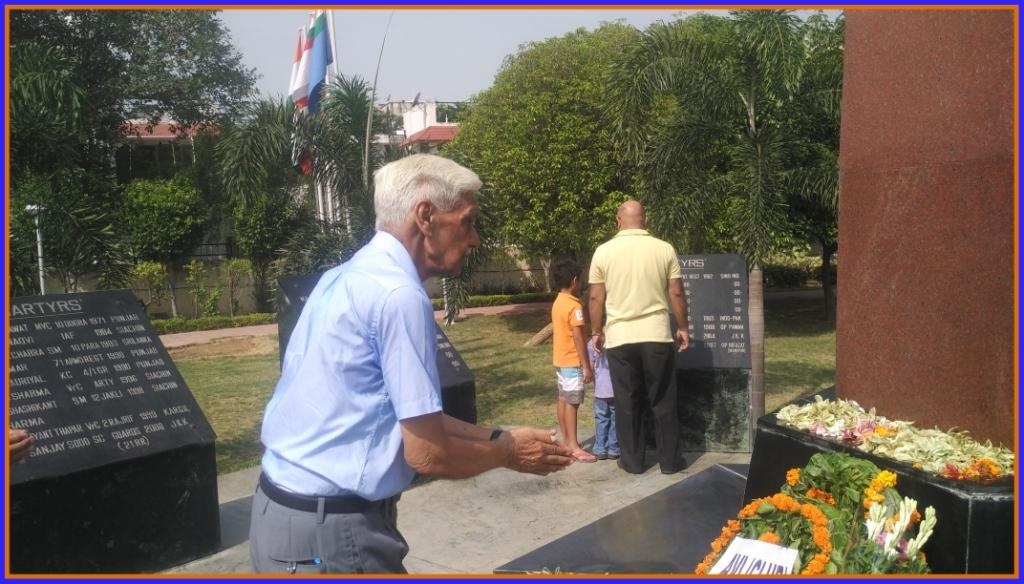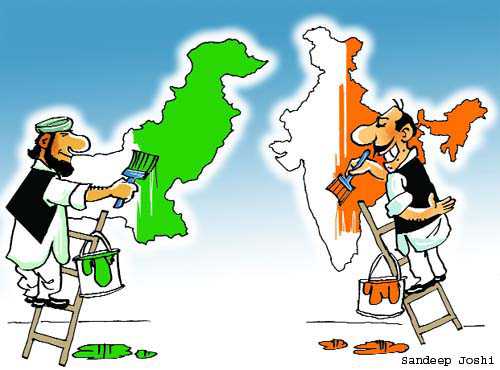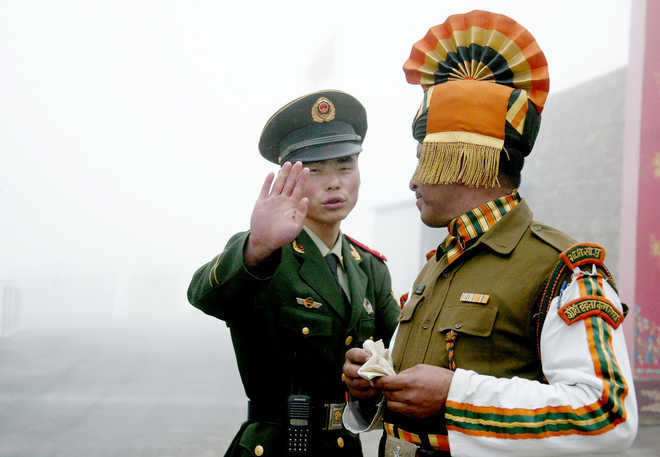
India and China have been locked in a face-off in the Doklam area of the Sikkim sector for the last 50 days. AFP file
Beijing, August 10
China will make no “compromise” on ending the Doklam standoff, top PLA analysts said, as they launched a propaganda blitz on a group of Indian journalists here on how New Delhi has “misjudged” Beijing’s resolve by sending troops to what it claims to be Chinese territory.
(Follow The Tribune on Facebook; and Twitter @thetribunechd)
India and China have been locked in a face-off in the Doklam area of the Sikkim sector for the last 50 days after Indian troops stopped the Chinese People’s Liberation Army from building a road in the area.
China claimed it was constructing the road within its territory and has been demanding immediate pull-out of the Indian troops from Doklam. Bhutan says Doklam belongs to it but China claims sovereignty over the area. China also claims that Thimphu has no dispute with Beijing over Doklam.
Top Chinese military experts and South Asia scholars, during an interaction with the media, said the Chinese government, people and the military were “angry” over India’s “dangerous” move in Doklam which is not an Indian territory.
“China so far has not used the world ‘invasion’. We have only used words like ‘trespass’ or ‘incursion’ and that is the goodwill of China,” Senior Colonel Zhou Bo said.
“We hope for the best but we—the Chinese government and the military—do not have any room to make any compromise on the matter. So for the well-being of the two peoples and the amity of the two countries, India must withdraw unconditionally,” he said.
His hardline comments were echoed by Senior Colonel Zhao Xiaozhou, Director at the Centre on China-America Defense Relations of the Academy of Military Science, who said Beijing has no room for compromise on the Doklam standoff.
“If you want this issue to be resolved, the Indian Army must pull back or otherwise this issue can only be resolved by the use of force,” Zhao asserted.
The Chinese military scholars also kept on harping that India has “trespassed” into Chinese territory and there was no basis for it to send its soldiers when Bhutan has “not invited” New Delhi to act on its behalf.
The Chinese military scholars also raked up the issue of Kashmir.
“Pakistan is a friend of China. If China crosses the Indian border or the India-China border on behalf of Pakistan I don’t know how you will react to that,” Zhao said. His comments came a day after a top Chinese Foreign Ministry official also raised the Kashmir issue.
Needling India, Wang Wenli, Deputy Director General of the Boundary and Ocean Affairs of China’s Ministry of Foreign Affairs, had raised the Kashmir issue and also referred to the Kalapani dispute between India and Nepal.
“We think it is not doable for the Indian side to use tri-junction as an excuse,” she had said, referring to Indian External Affairs Ministry’s assertion that the road building at the China, India and Bhutan tri-junction in the strategic narrow Chicken’s Neck area changes the status quo.
“The Indian side has also many tri-junctions. What if we use the same excuse and enter the Kalapani region between China, India and Nepal or even into the Kashmir region between India and Pakistan,” she had said.
The Chinese military experts said India’s actions have “severely affected” the political trust between the two countries and New Delhi had to face the “consequences” of its “dangerous” move as it “misjudged” the resolve of Beijing in defending its sovereignty and territorial integrity. PTI





















































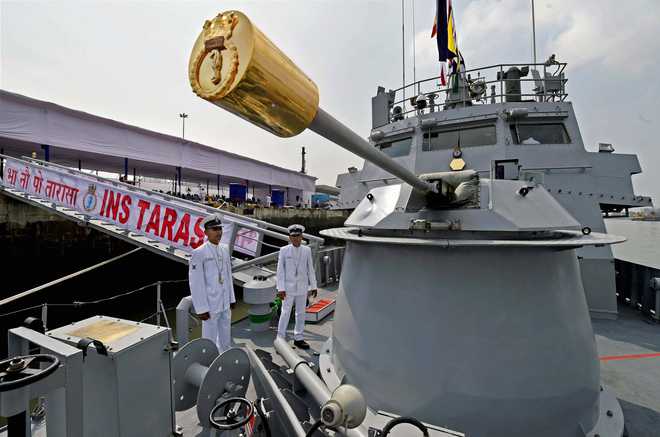
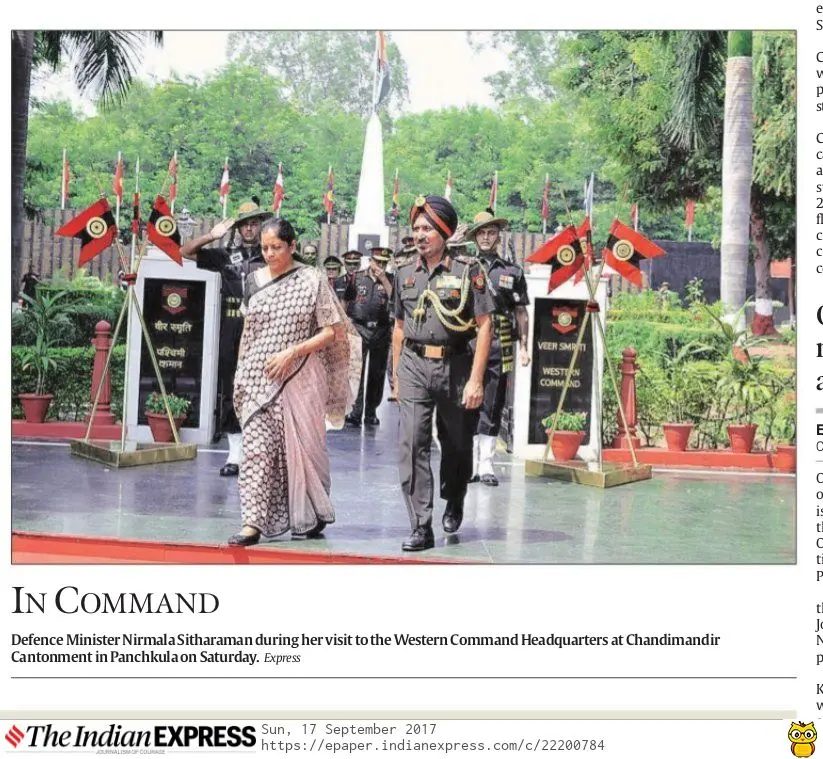
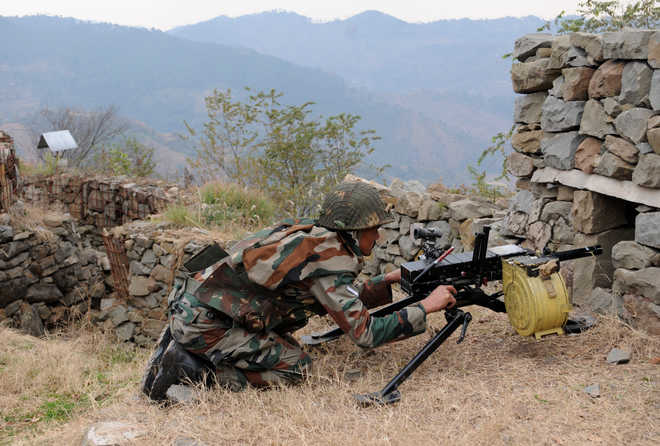
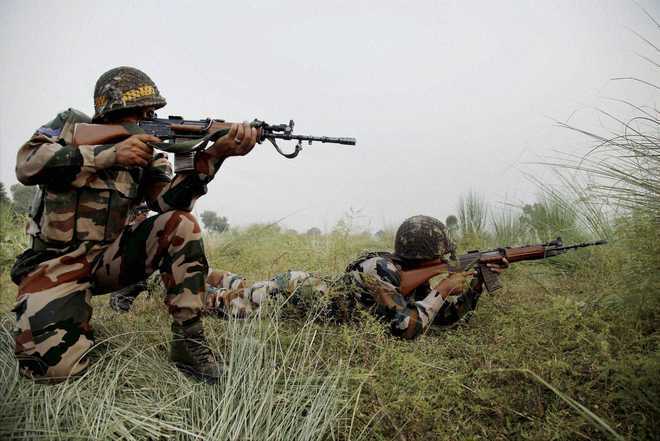

 PTI FILE
PTI FILE
